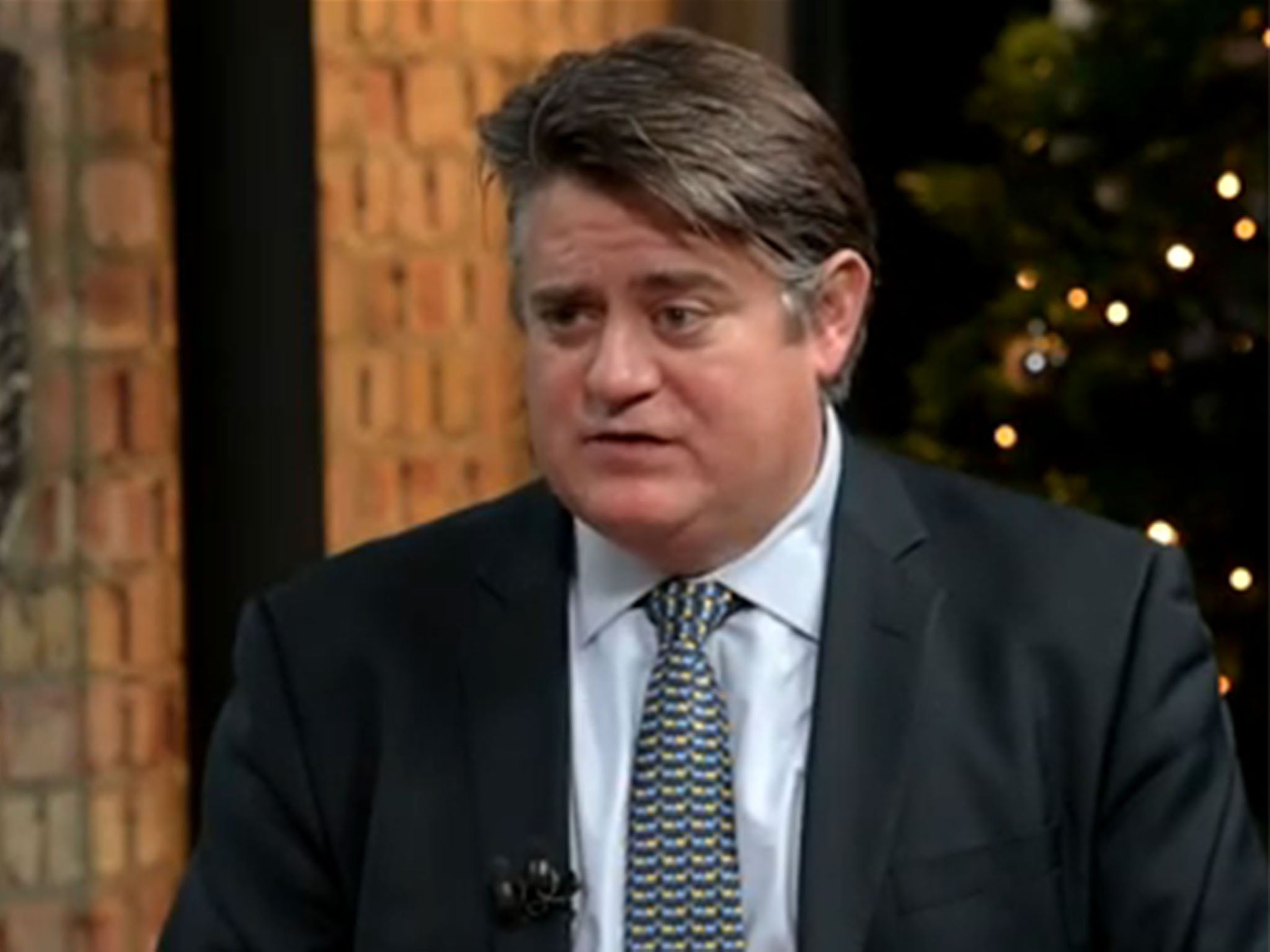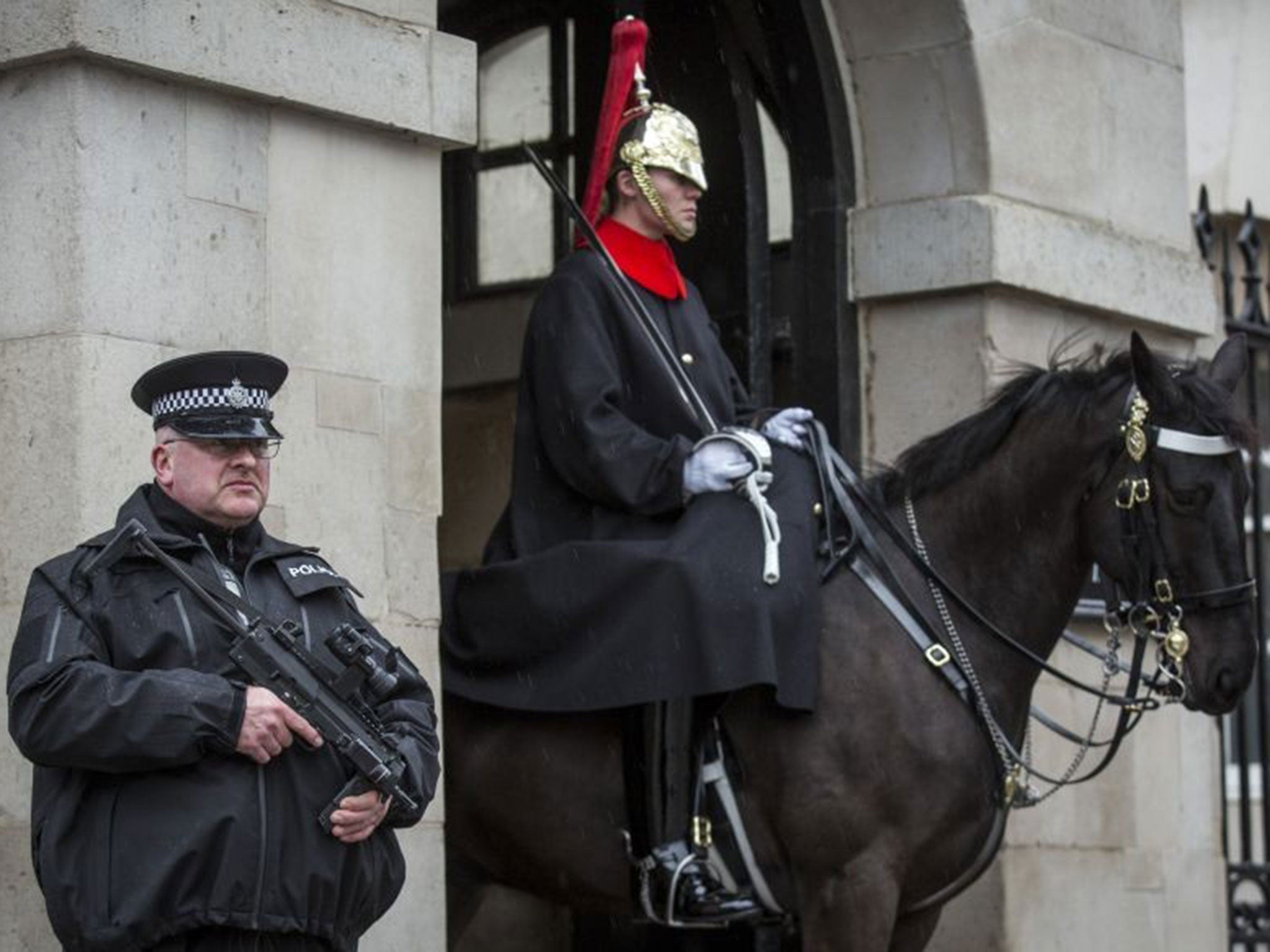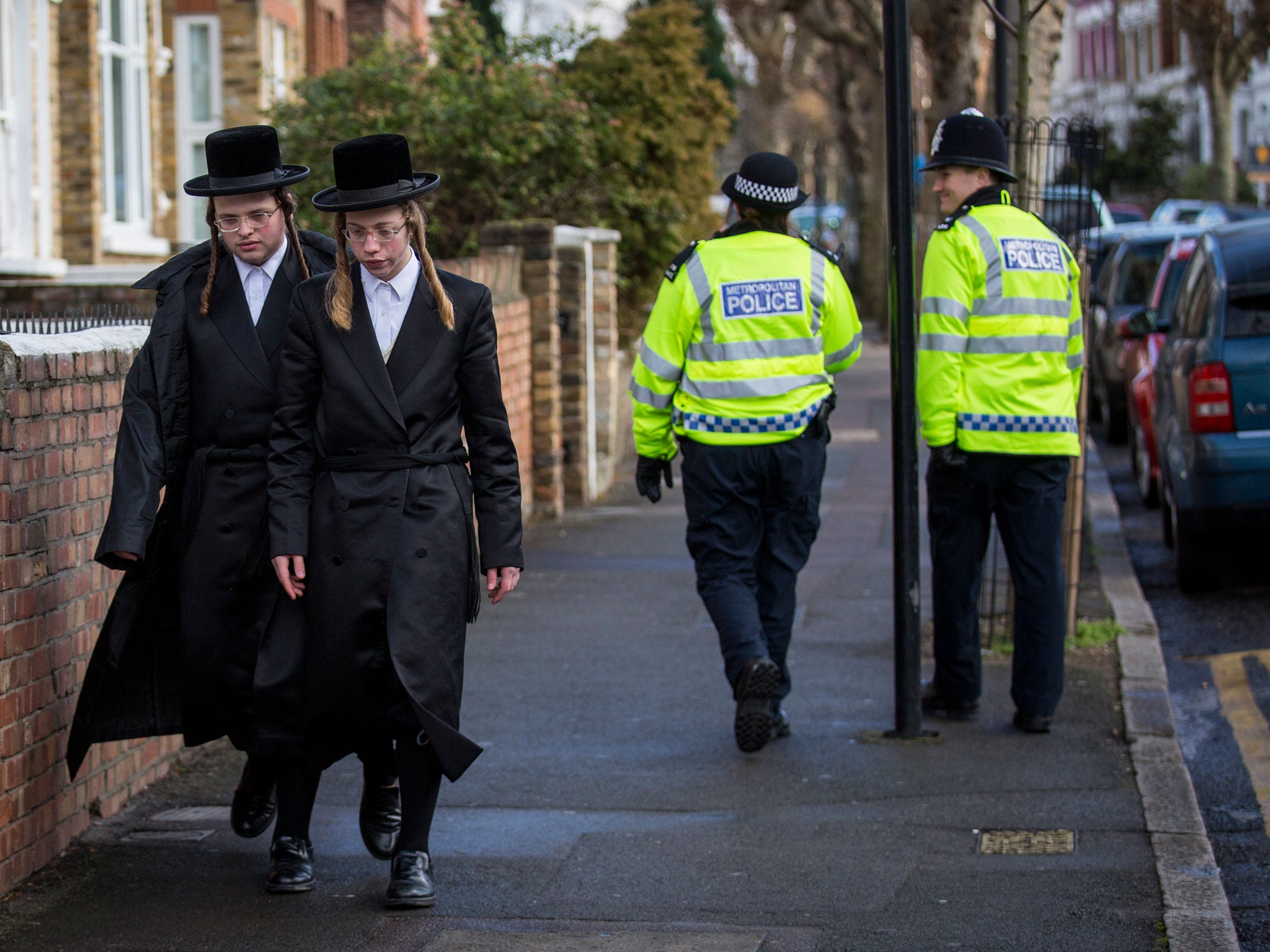London policing chief demands extra £20m for anti-terror policing in wake of Paris attacks
Stephen Greenhalgh claimed police's ability to protect the capital will be diminished without funds

Your support helps us to tell the story
From reproductive rights to climate change to Big Tech, The Independent is on the ground when the story is developing. Whether it's investigating the financials of Elon Musk's pro-Trump PAC or producing our latest documentary, 'The A Word', which shines a light on the American women fighting for reproductive rights, we know how important it is to parse out the facts from the messaging.
At such a critical moment in US history, we need reporters on the ground. Your donation allows us to keep sending journalists to speak to both sides of the story.
The Independent is trusted by Americans across the entire political spectrum. And unlike many other quality news outlets, we choose not to lock Americans out of our reporting and analysis with paywalls. We believe quality journalism should be available to everyone, paid for by those who can afford it.
Your support makes all the difference.Boris Johnson’s policing chief is demanding an extra £20 million of government funding to protect London in the wake of the Paris attacks.
Stephen Greenhalgh, the Deputy Mayor for Policing and Crime, told the Evening Standard that the amount currently earmarked for the capital was a “scandal” and insufficient to cope with the threat from home-grown extremists and fighters returning from Syria.
“We are having an arrest nearly every day, 50 per cent of the undercover counter-terrorism work is here in London and half of the people returning from Syria are in London so there is a huge volume of activity that needs to be carried out,” he said.
“The police’s ability to keep us safe will be harmed if they are not getting the money to do the job. The pie doesn't seem to have been split fairly and the cops are unhappy about it.”

A spokesperson at City Hall said only £5 million of the £35 million granted to the Home Office was originally earmarked for police but the figure was pushed up to £9.4 million after complaints from Boris Johnson and Mr Greenhalgh.
The Home Office said it had not yet finalised how its £130 million anti-terror funding will be divided up. It was granted in the wake of the Paris attacks by the Prime Minister to be given to security and intelligence agencies and police over the next two years.
More than half a billion pounds is already spent on counter-terrorism policing annually.
Mr Greenhalgh is expected to outline his proposals at the London Assembly’s Police and Crime Committee meeting on Friday, which will consider the Metropolitan Police’s response to the events in France.
“In the wake of the Paris attacks, London is facing heightened concern about the threat posed by terrorists and I have been fully briefed on the measures being taken to keep Londoners safe,” he said in a statement ahead of the meeting.

“The police have reviewed security arrangements for their own officers and the support they provide to London’s Jewish community in response to the attacks in France and they will continue to keep such measures under review.”
A kosher supermarket in Paris was deliberately targeted by Isis-inspired gunman Amedy Coulibaly for his shooting spree, when four hostages were killed.
He attacked the shop two days after associates Said and Cherif Kouachi massacred 12 people at the offices of satirical paper Charlie Hebdo, claiming they were “avenging the Prophet” after cartoons depicting Mohamed were published.
Mark Rowley, Assistant Commissioner of the Metropolitan Police, said anti-Semitic rhetoric from extremists had led to a “heightened concern” about the risk to Jewish people living in Britain.
The “deliberate targeting” of police in France and in a foiled plot in Belgium raised fears about the dangers faced by officers.
The head of MI5 revealed earlier this month that four major terrorist plots had been foiled in Britain in the last year.
“We know, for example, that a group of core al-Qaeda terrorists in Syria is planning mass-casualty attacks against the West”, said Andrew Parker. “It was primarily the rising threat from Syria that led the Joint Terrorism Analysis Centre to raise the threat level for international terrorism from ‘substantial’ to ‘severe’, an evidence-based judgment that an attack on the UK is highly likely.”
Subscribe to Independent Premium to bookmark this article
Want to bookmark your favourite articles and stories to read or reference later? Start your Independent Premium subscription today.
Join our commenting forum
Join thought-provoking conversations, follow other Independent readers and see their replies
Comments